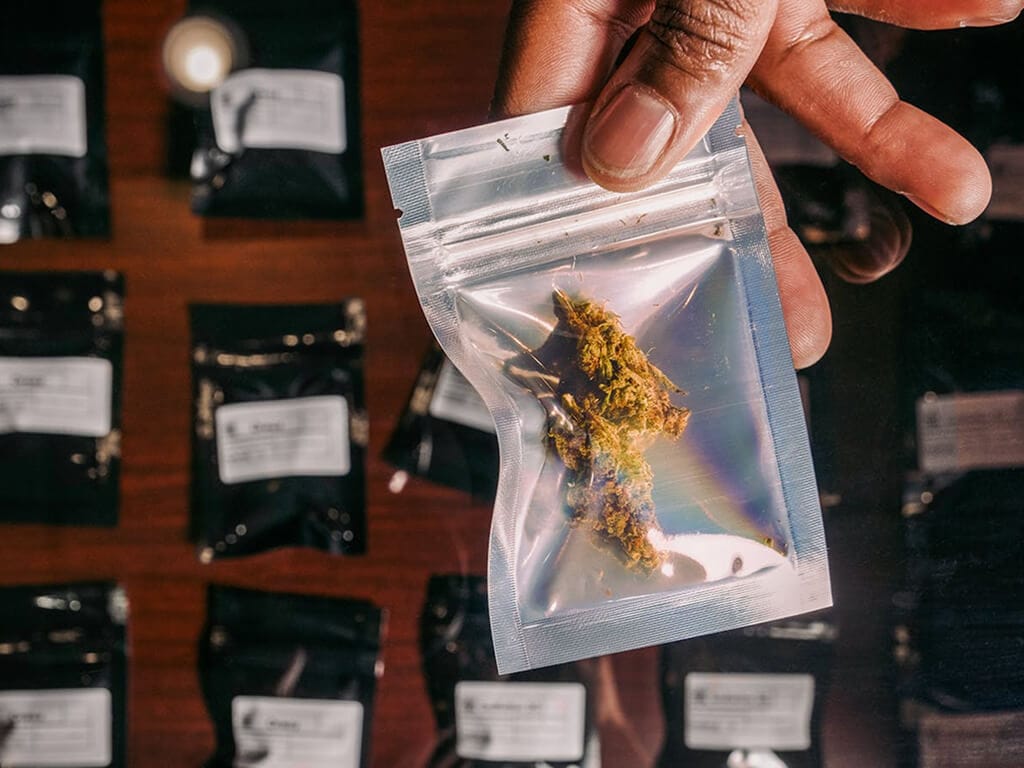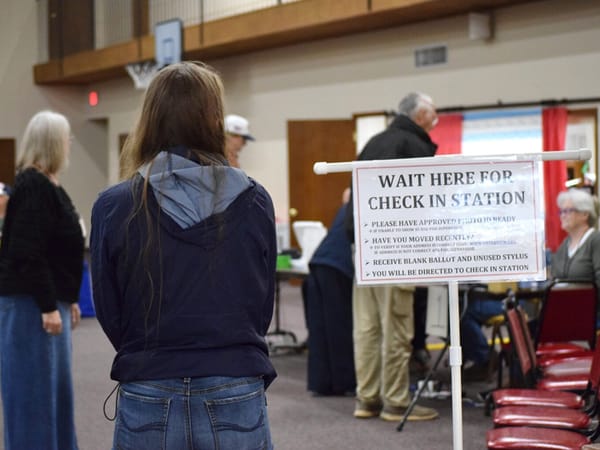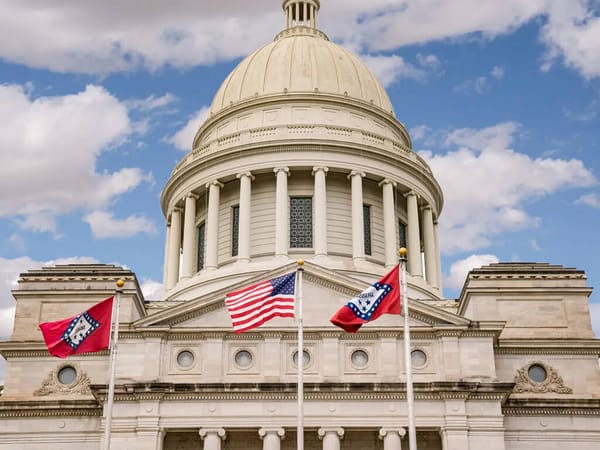Arkansas Moves Ahead With THC Ban After Court Victory
Arkansas moves forward with a 2023 ban on Delta 8 and Delta 9 THC after the Eighth Circuit Court overturns a lower court ruling. Officials cite safety concerns for children and the public.

Arkansas, like many other states, has faced challenges in regulating psychoactive substances not covered by its medical marijuana program. In response, lawmakers passed Act 629 of 2023, a widely supported measure that bans certain hemp derived products, including Delta 8 and Delta 9 THC. These compounds have been linked to harmful health effects, particularly in children.
However, a last minute lawsuit temporarily stalled the law's implementation, triggering a lengthy legal battle. After months of litigation, the Eighth Circuit Court of Appeals overturned a lower court's ruling that had blocked the law, allowing the state to move forward with enforcement.
The Legal Challenge
The plaintiffs, including Bio Gen LLC, argued that Act 629 conflicted with the 2018 Farm Bill. Under federal law, hemp is classified as Cannabis sativa L. plants with no more than 0.3 percent Delta 9 THC by dry weight. Anything above that threshold is considered marijuana.
Act 629 takes a different approach by redefining hemp based on its cannabidiol (CBD) content, a non psychoactive compound. The law states that hemp must contain no more than 0.3 percent hemp derived CBD by dry weight, unless otherwise regulated under the state's Controlled Substances Act. Critics argued this redefinition contradicted federal standards and altered the legal basis for classifying hemp, sparking the initial legal challenge.
The appellate court, however, disagreed. It found no inconsistency with federal law, clearing the way for the Arkansas government to enforce the ban. Read the full ruling.
Federal Context and Loopholes
When Congress passed the Agriculture Improvement Act of 2018, it legalized industrial hemp, cannabis with low levels of THC, with the goal of supporting farmers producing hemp for non intoxicating uses such as textiles and rope.
Manufacturers soon discovered ways to extract and concentrate the small amounts of THC in hemp, producing significant quantities for use in edibles, beverages, e-cigarettes, and other consumer products. This loophole has raised concerns about unregulated psychoactive substances entering the market.
Federal and state officials have responded. The U.S. Food and Drug Administration clarified that federal law prohibits the use of hemp derived THC in food products. States including Massachusetts, South Dakota, and California have already banned the sale of foods, drinks, and other items containing hemp derived THC. Arkansas now joins these states in taking a firm stance against these potentially harmful substances.
State Officials Welcome the Ruling
Arkansas Attorney General Tim Griffin described the appellate decision as a significant legal victory. "This ruling is not only a win for Arkansas but also for common sense and the rule of law," he said. Griffin warned that anyone continuing to sell these products would now be doing so illegally.
He expressed gratitude to his legal team, including Senior Assistant Attorney General Jordan Broyles and Senior Assistant Solicitor General Asher Steinberg, for their work on the case. He also acknowledged the support of Governor Sarah Huckabee Sanders, State Representative Jimmy Gazaway, and State Senator Tyler Dees, who were instrumental in passing the legislation.
Governor Sanders welcomed the court's decision, calling it a major victory for the safety of all Arkansans, especially children. She emphasized that dangerous, unregulated synthetic marijuana products such as Delta 8 have no place in the state.





